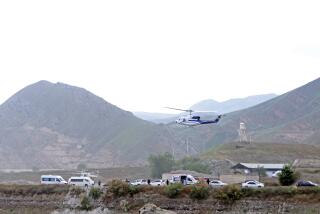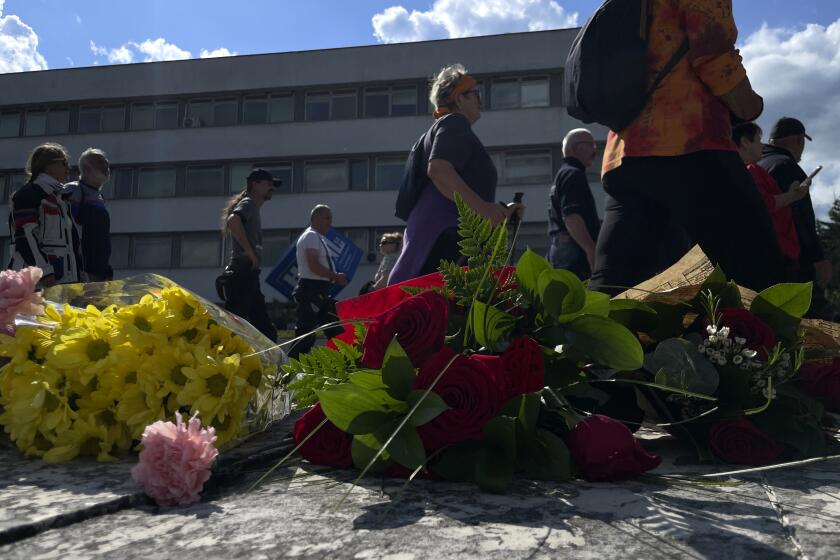CRENSHAW : Award Winners Meet at T.H.E Clinic
The meeting of global minds occurred at an unexpected place: a modest women’s clinic on King Boulevard, on the northern perimeter of run-down Santa Barbara Plaza.
But it seemed entirely appropriate that T.H.E. Clinic executive director Sylvia Drew Ivie and South African health activist Mankuba Ramalepe would meet there. Both women are winners of the prestigious Nelson Mandela Health and Human Rights Award. Ivie won the award last year and Ramalepe is this year’s recipient.
Ramalepe spent a week with Ivie observing the clinic, speaking at various sites around the city and comparing notes on a philosophy both women share: health care as a civil right.
“Providing help to low-income women and families medically also provides economic and others kinds of development,” Ramalepe declared last week during one of several visits to the T.H.E. Clinic For Women. “You cannot tackle health problems in isolation.”
Named for South African President Nelson Mandela, the annual award was instituted in 1993 by the Henry J. Kaiser Family Foundation, one of the largest private health foundations in the country, to honor individuals working to improve the health and quality of life of the poor. Two winners are chosen each year, one from America and the other from South Africa, the only country outside the U.S. to which the Kaiser Foundation makes grants.
Ramalepe was distinguished for her work as a nurse and health trainer at a community-based clinic called the Ithusheng Community Assn., which is located outside of Johannesburg in what was known under the old apartheid regime as a homeland for black South Africans. The association is far more than a clinic that serves 100 patients daily; it is a nerve center that, under Ramalepe’s leadership, trains village residents as community health workers, runs women support groups, teaches adult literacy, facilitates job skills and economic development, offers child care services and, perhaps most impressive of all, educates traditional African healers about basic medical practices.
Health professionals and traditional healers “need to help one another’s jobs,” said Ramalepe, 45, who cites malnutrition and sexually transmitted diseases as the most common ailments in the Northern Transvaal, where she works.
“The give and take here is very unique, but the fact is the information we give--about hygiene, about measuring substances--actually helps their business. Both of my grandparents were healers. I understand their importance in the community and realize we have to all work together to improve the community as a whole.”
Ivie, a former civil rights lawyer who left the profession to head the clinic and use her legal background to push health-care legislation, said U.S. health officials should take note of the considerable scope of Ramalepe’s efforts.
“Her tentacles go much further out into her community than health professionals here,” Ivie said. “Combining self-help with health care--we don’t have that model here. And she’s done so many things with almost nothing. There’s much more of a collective spirit.”
Ivie pointed out that Ramalepe’s annual budget is only $300,000, roughly one-third of T.H.E. Clinic’s funding, and has a smaller staff.
With her $10,000 award, Ramalepe says she plans to launch a child-care program for disabled children along with a training component for their parents. Such a program, she said, fits in with her holistic vision of a community where health issues are an integral part of daily living and self-respect.
“Disabled children are shunted aside in South Africa,” she said. “They’re too often seen as an embarrassment. But like everyone else, they are part of a whole.”
More to Read
Start your day right
Sign up for Essential California for news, features and recommendations from the L.A. Times and beyond in your inbox six days a week.
You may occasionally receive promotional content from the Los Angeles Times.






